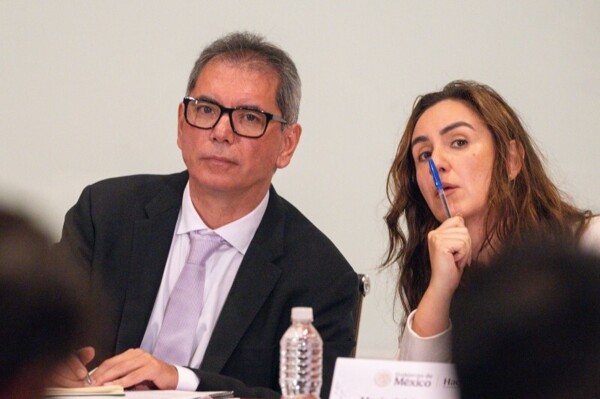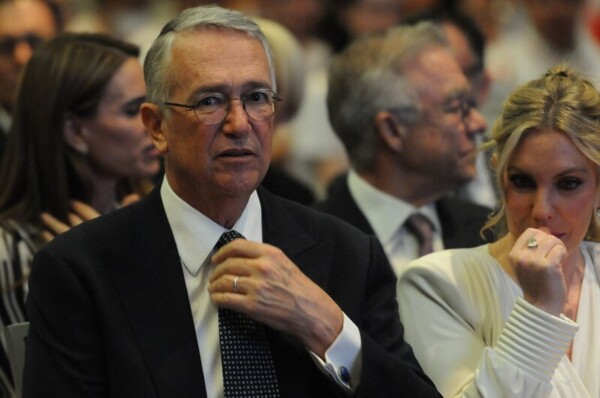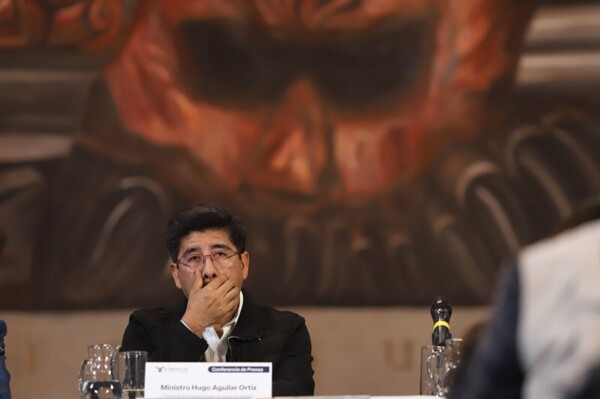
For decades, Mexico has focused its economy on exportation and manufacturing, which has led it to depend heavily on these sectors. However, it is necessary to promote the production and national consumption of final products to strengthen the economy of the country. In this sense, the Made in Mexico program led by Marcelo Ebrard is becoming relevant, especially in a context of global uncertainty and trade tensions.
According to data from the Mexican Institute for Competitiveness (IMCO), the value added by Mexico to the production of manufactured exports has stagnated in the last two decades. This highlights the need to reinforce an industrial policy aimed at the domestic market and national development. The Made in Mexico program, driven by the government of Claudia Sheinbaum, faces the challenge of effectively increasing the national content of exports.
Recently, the International Centre for Settlement of Investment Disputes (ICSID) of the World Bank has initiated an arbitration procedure against Mexico by a Czech investor. This case adds to 27 other similar procedures since 2019, reflecting the importance of ensuring legal security for investment projects in the country.
It is essential to advance the development of a national policy that strengthens local production and reduces dependence on exports. The Made in Mexico program needs to go beyond good intentions and have concrete steps to achieve its objectives. In this sense, more than the support of businesspeople and executives is required to make a real impact on the national economy.
Given this landscape, it is crucial for the government to focus on promoting internal growth and self-sufficiency in the main economic sectors. The diversification of exports and the strengthening of national production present themselves as key elements in a scenario of global uncertainty and trade disputes. The need for clear and effective policies to boost the domestic market becomes increasingly urgent in the current context.














